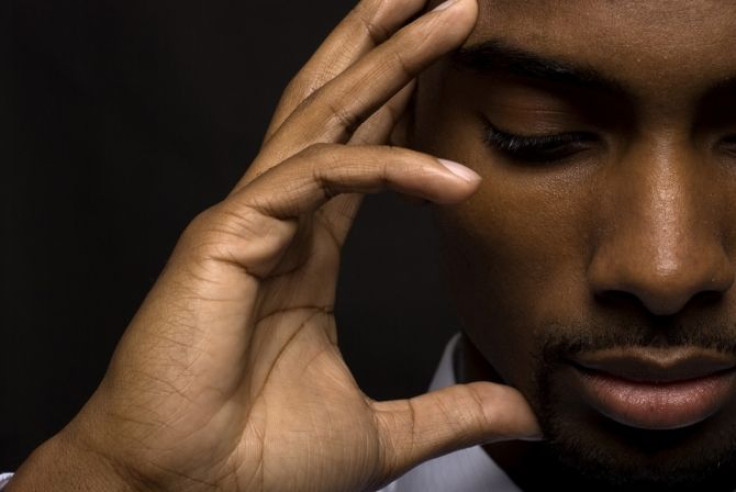Why Is There a Disparity Between Mental Health Care Among the Races?

It is estimated that almost a third of Americans suffer from a mental health disorder – from anxiety to mood to impulse control to a substance disorder. And yet, despite those facts, there is a yawning disparity in mental health care between black and Latino children and young adults, and their white peers.
Mental health care has become much more societally accepted in recent years. Counselors exist on nearly every college campus, there are commercials for depression and anxiety on an almost-constant basis on television channels.
Benjamin Lê Cook, PhD, senior scientist for the Center for Multicultural Health Research at the Cambridge Health Alliance and assistant professor at Harvard Medical Center, was the lead author for a study conducted on this mental health care disparity. He and his team looked at records of 30,000 youths aged 5 to 22, from the years 2004-2008 from Medical Expenditure Panel Surveys. They looked at data from medical outpatient care, psychiatric drugs, and overall mental health care.
While 10 percent of white youths use or have used mental health care facilities, only 4 to 5 percent of black and Latino youth do the same. More startlingly, money spent on mental health care increased for white youth while it decreased for Latino youth. So why the disparity?
Researchers have been unable to tell but think that it stems from a mixture between cost and belief systems. Many insurance plans do not cover mental health treatment, and the cost for appointments with a therapist and psychiatric drugs can be put out of reach for families with limited economic means.
Black and Latino families tend disproportionately to be in poverty – 13 percent of white families are in poverty compared to 27.4 percent and 26.6 families of black and Latino families. If psychological or psychiatric care is not available from a public school, and more than likely it is not, poorer households are unable to foot the bill themselves.
The other reason for the disparity may be due to simple lack of belief in psychiatry and psychology. It is not altogether unsurprising in immigrant communities to have distrust in the American mental health care system. When parents of these children do not accept the idea of mental health care, it can be impossible for children and youth to receive care for any psychiatric or psychological problems.
The reasons for the disparity will certainly vary by family and community. Mental health problems left untreated during childhood can negatively effect every aspect of life. as they get older. Researchers hope better education and reforms to include more mental care coverage in insurance plans can ease the disparity.
The study was published in Health Services Research.



























